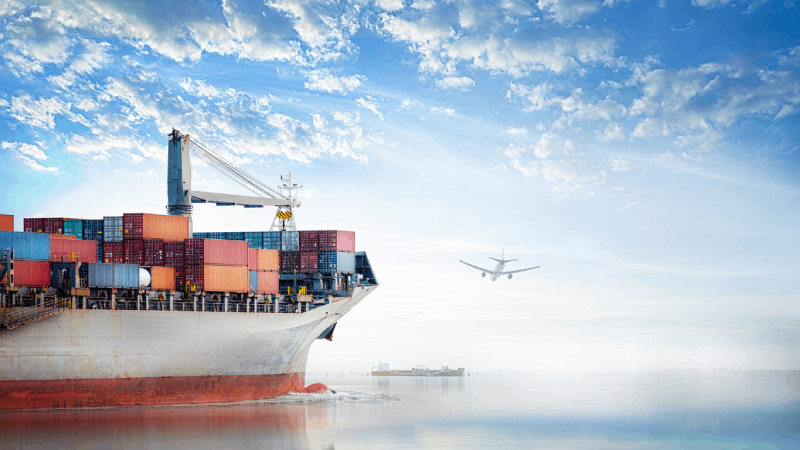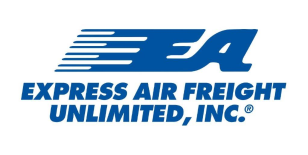Time:2021-08-03 Publisher:Kevin Num:6999

As we all know, the current global cargo transportation industry is facing great challenges. The port congestion leads to the delay of shipping schedule, the delay time is increasing, and the port congestion is more serious.
This makes the ship's transport capacity greatly reduced, which leads to the continuous rise of sea freight. Relevant industry experts have shown that the high sea freight makes the importer with low profit unaffordable.
At the same time, the shipping company is also unable to provide additional containers due to supply shortage. The destination port was unable to keep up with the traffic volume, resulting in a mountain of containers, which delayed Asia's major export trade for several weeks.
According to the analysis of logistics experts, this phenomenon may be related to the import demand in North America. Why do you say that?
During the epidemic period, the federal government of the United States issued a series of assistance programs, which led to the sustained recovery of U.S. consumption and a significant increase in demand. Coupled with the shortage of domestic inventory, it is necessary to continuously import a large number of goods to meet the demand.
Data show that the total import volume of the United States in June reached US $200 billion, up nearly 2% year-on-year, while the consumption expenditure of the EU increased by 1.2% compared with 2019.

A group of data provided by relevant industry experts shows that since 2020, the new demand in North America has increased by about 400000 TEUs over the same period in 2019
Due to the strong demand of consumers, railways, ports and warehouses in North America are full of goods. At the same time, the shortage of workers leads to the slow transfer of goods, which aggravates the delay and increases the sea freight.
Relevant industry data show that many ports in North America experienced serious shipping delays earlier this year. Even if containers can arrive at the port smoothly, there will be serious congestion later.
Shippers have said that as the demand for shipping continues to exceed the supply, resulting in port congestion and high freight rates, they can not even obtain containers at the departure port.
In contrast, with the arrival of the traditional peak season, the carrier began to charge additional surcharges such as port congestion fee and demand surge fee, which undoubtedly brought greater pressure to the shipper.
Due to the excessive shortage of containers on the West Coast route between Asia and North America, most shippers have to use some unconventional means, including interpersonal relationships, to obtain containers.
At present, due to the increasing demand in North America, many container ships call at American ports, which means that the ports will be more congested in the future, and the sea freight may continue to rise.



